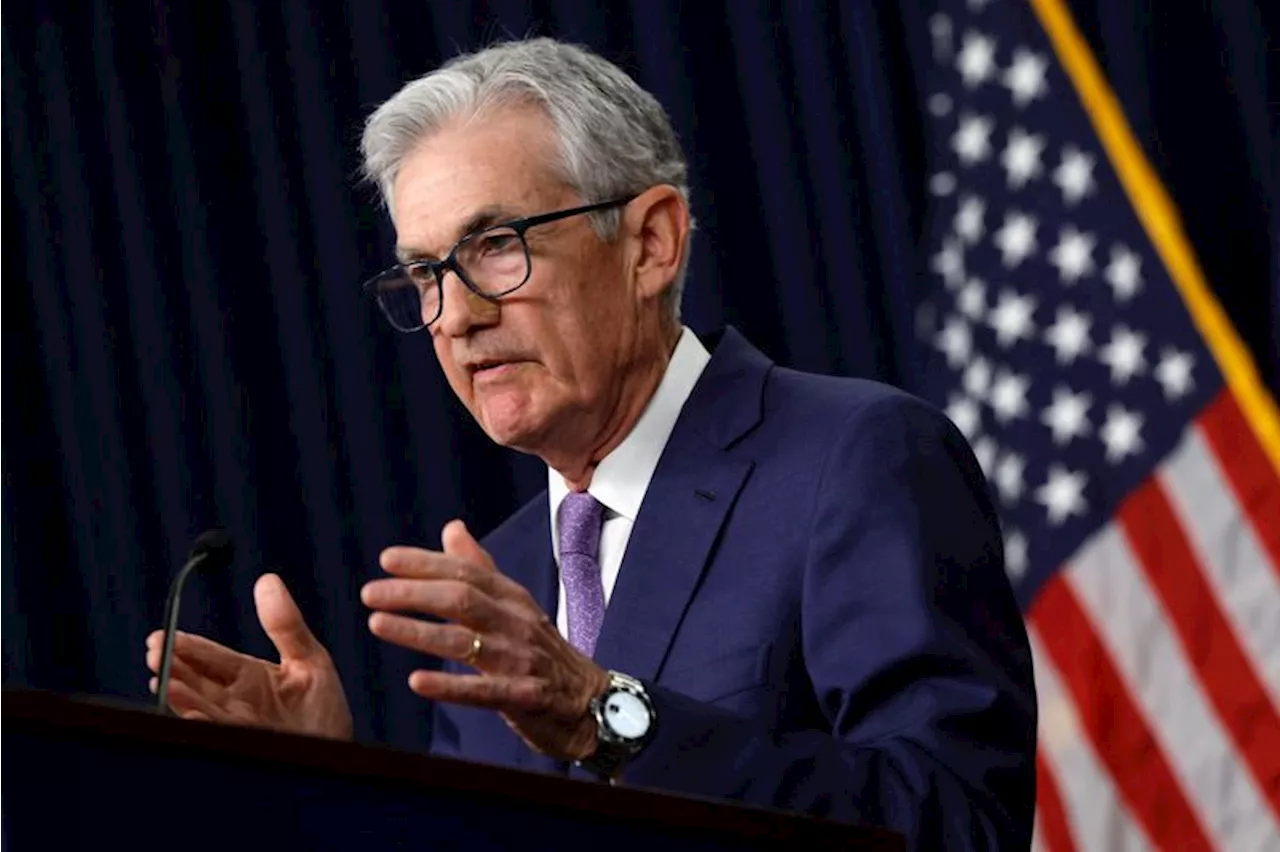This article explores the delicate balance between granting AI agents sufficient autonomy to learn and grow while mitigating the risks associated with unchecked freedom. It delves into the challenges of human supervision, the need for real-world learning experiences, and the factors to consider when determining the appropriate level of autonomy for different AI applications.
AI agent autonomy presents a complex challenge. While human supervision is often necessary to prevent potential harm, excessive oversight can hinder productivity gains. Conversely, granting AI agents too much freedom without adequate safeguards risks damaging a brand's reputation, jeopardizing customer relationships, and even threatening financial stability.The key to unlocking the full potential of AI agents lies in finding the right balance between autonomy and control.
AI agents require the freedom to learn and adapt in real-world scenarios to improve their performance. However, this freedom must be carefully calibrated to mitigate potential risks.Determining the appropriate level of autonomy for AI agents involves considering several factors, including the nature of the tasks they perform, the potential impact of their decisions, and the organization's risk tolerance. One approach is to adopt a phased implementation strategy, gradually increasing autonomy as the AI system's capabilities and safety measures mature. Another approach is to leverage human-in-the-loop systems, where humans provide oversight and intervention when necessary. Ultimately, the optimal balance between autonomy and supervision will vary depending on the specific context and objectives
AI Autonomy Risk Management Human Supervision Machine Learning
United States Latest News, United States Headlines
Similar News:You can also read news stories similar to this one that we have collected from other news sources.
 Navigating the Tightrope: Finding the Right Balance in AI Agent AutonomyThis article explores the complexities of AI agent autonomy, highlighting the delicate balance between enabling AI to learn and grow while mitigating potential risks. It emphasizes the importance of understanding risks and suggests approaches for navigating the uncertainty inherent in AI development.
Navigating the Tightrope: Finding the Right Balance in AI Agent AutonomyThis article explores the complexities of AI agent autonomy, highlighting the delicate balance between enabling AI to learn and grow while mitigating potential risks. It emphasizes the importance of understanding risks and suggests approaches for navigating the uncertainty inherent in AI development.
Read more »
 Powell Walks Tightrope: Balancing Fed Independence and Trump's Economic PoliciesFederal Reserve Chair Jerome Powell faces the complex challenge of managing monetary policy while navigating the potential impact of Donald Trump's economic agenda. The Fed's latest projections signal a more cautious approach to rate cuts in 2025 due to concerns about inflation, which could be fueled by Trump's proposed tariffs and stricter immigration policies.
Powell Walks Tightrope: Balancing Fed Independence and Trump's Economic PoliciesFederal Reserve Chair Jerome Powell faces the complex challenge of managing monetary policy while navigating the potential impact of Donald Trump's economic agenda. The Fed's latest projections signal a more cautious approach to rate cuts in 2025 due to concerns about inflation, which could be fueled by Trump's proposed tariffs and stricter immigration policies.
Read more »
 Trump's Economic Challenges: Navigating a Fiscal TightropeThe incoming Trump administration faces significant economic hurdles, including a massive national debt and a growing deficit. Balancing spending cuts with the need to stimulate private sector growth will be crucial to avoid recession and maintain a stable global economy.
Trump's Economic Challenges: Navigating a Fiscal TightropeThe incoming Trump administration faces significant economic hurdles, including a massive national debt and a growing deficit. Balancing spending cuts with the need to stimulate private sector growth will be crucial to avoid recession and maintain a stable global economy.
Read more »
 Navigating Multiple Job Offers: A Balancing ActThe author is in the final stages of interviewing with two companies, one (Company A) moving slower than the other (Company B). They are more interested in Company A but worried about accepting Company B's offer if it comes before hearing from Company A. They seek advice on how to handle this situation ethically and strategically, especially regarding timeframes for responses and potential communication with both companies.
Navigating Multiple Job Offers: A Balancing ActThe author is in the final stages of interviewing with two companies, one (Company A) moving slower than the other (Company B). They are more interested in Company A but worried about accepting Company B's offer if it comes before hearing from Company A. They seek advice on how to handle this situation ethically and strategically, especially regarding timeframes for responses and potential communication with both companies.
Read more »
 Navigating a Grandparent's Dilemma: Balancing Family Ties with a Hostile ExA grandmother seeks advice on how to maintain a close relationship with her grandson while navigating the challenges of living near her ex-husband, who remains hostile toward her.
Navigating a Grandparent's Dilemma: Balancing Family Ties with a Hostile ExA grandmother seeks advice on how to maintain a close relationship with her grandson while navigating the challenges of living near her ex-husband, who remains hostile toward her.
Read more »
 OpenAI's AI Agent Delay: A Balancing Act Between Innovation and SecurityOpenAI is facing a dilemma in releasing its AI agents due to the serious threat of prompt injection attacks. These attacks can manipulate AI agents to perform harmful actions, compromising user data and damaging OpenAI's reputation. While the company prioritizes security, the delay raises concerns about falling behind competitors.
OpenAI's AI Agent Delay: A Balancing Act Between Innovation and SecurityOpenAI is facing a dilemma in releasing its AI agents due to the serious threat of prompt injection attacks. These attacks can manipulate AI agents to perform harmful actions, compromising user data and damaging OpenAI's reputation. While the company prioritizes security, the delay raises concerns about falling behind competitors.
Read more »
